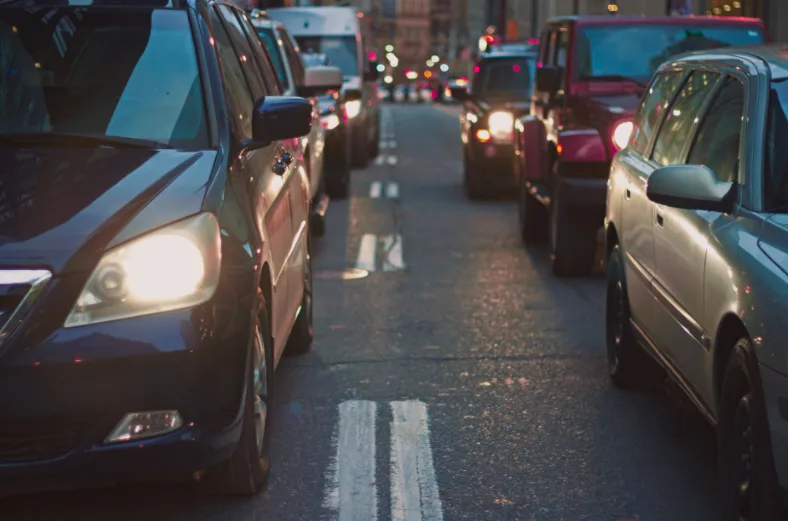
More than 3.4 billion hours have been saved, now that we aren't driving to work
We spent a lot of time on the roads, pre-pandemic.
Thirty-eight thousand years ago, Earth was in the Late Stone Age. During that time our ancestors roamed the Earth, were using tools, and had started learning about art.
That was a long time ago. And 38,000 years -- or about 3.4 billion hours -- is how much time motorists saved in the U.S. alone in 2020, after being sent home to work due to the pandemic.
The number, calculated in the INRIX 2020 Global Scorecard finds ridership is down across the world. In the U.S., traffic has dropped by 30 per cent overall since COVID-19 sent workers home, a place where many remain to this day.
In Canada, commuting is down by 21 per cent overall -- and Montreal motorists appear to be saving the most time, re-gaining 63 hours per person, on average. Traffic has dropped by 46 per cent in the city over 2019, the report says.
Toronto drivers rank second in Canada for the most time saved, earning an extra 29 hours, with traffic down a whopping 78 per cent in the city.
Worldwide, New York City drivers saved the most time, gaining back an average of 100 hours per person.
In the U.S., drivers spent an average of 26 hours commuting in 2020, compared to 99 hours in 2019. That's where the '3.4 billion hours' figure comes from, equating to $51 billion in time savings in the U.S. alone.
ROADS LESS BUSY, BUT DEADLIER
"As traffic volume dropped due to the global pandemic, vehicle speeds increased, which has played a significant role in the rise of fatality rates around the world," the report says. The findings echo those of a 2020 report in the Ottawa citizen, which found that while road fatalities fell across Canada at the start of the pandemic, numbers did not drop at the same rate as traffic volume.
On a global scale, the report found that between April 2019 and April 2020, road fatalities in 20 countries fell by a third, but traffic volume was reduced by an average of one-half.
That report also linked speeding to the disparity.
CITIES WILL BE 'LAST TO RECOVER'
The INRIX report says downtown cores around the world have seen the greatest traffic reductions.
"While regional Vehicle-miles traveled (VMT) were down between 5-30 per cent in major metro areas, trips to downtown dropped nearly 60 per cent," reads an excerpt from the report.
"...These facts lead INRIX to believe that downtowns, the hardest-hit areas by the pandemic due to the densification of people, employment, office buildings, restaurants, and entertainment are going to be the last to recover during the re-emergence period, likely far into 2021 or 2022."
Thumbnail image courtesy: Pexels.






